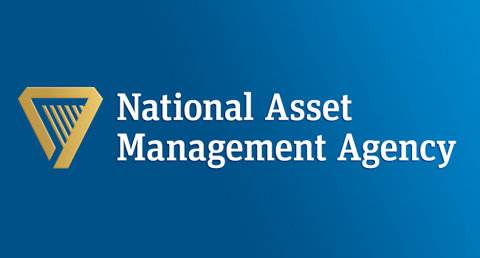The Irish property market is still in dire straits, and the government set up the National Asset Management Agency (NAMA) 18 months ago to acquire risky assets, and to look at new ways of attracting buyers back into the market.

NAMA trying to kick-start Ireland's property markets. Courtesy of BFK
Ireland received an €85 billion European Union bailout last year, necessitated by the boom and subsequent bust of the real estate market. Property prices are now 40% lower than in 2007, and the price of residential homes decreased by 12.2% year-on-year to April.
Mortgage lending has fallen by around 95% since 2007. The Irish Banking Federation said the number of new mortgages granted during the first quarter of 2011 declined 53% from a year earlier. Tom Dunne, lecturer at the School of Real Estate and Construction Economics at Dublin Institute of Technology says "The market needs a kick start; NAMA might be able to provide that."
The NAMA issued a statement in May saying it was talking to banks about how to attract more real estate buyers "NAMA may sell homes at a discount, providing the value of the property falls further in the years after the deal," said spokesman for the agency Ray Gordon. Many buyers are afraid of falling into negative equity, with home prices continuing to fall.
Dublin's property markets have suffered more than most in Europe. Courtesy of xiquinhosilva
One option being considered is for NAMA to ask buyers for 80% of the purchase price, and for the remaining 20% only to be collected if the market value remains the same, or if it increases by a certain percentage. If the value falls then the purchaser would be liable for only part of the outstanding amount, or possibly nothing at all.
NAMA now controls loans once worth €70 billion, bought for an average discount of around 58%, and has around €1.2 billion in cash. It now needs to raise more cash and have property occupied, while international investors need more reassurance that the market has bottomed out.